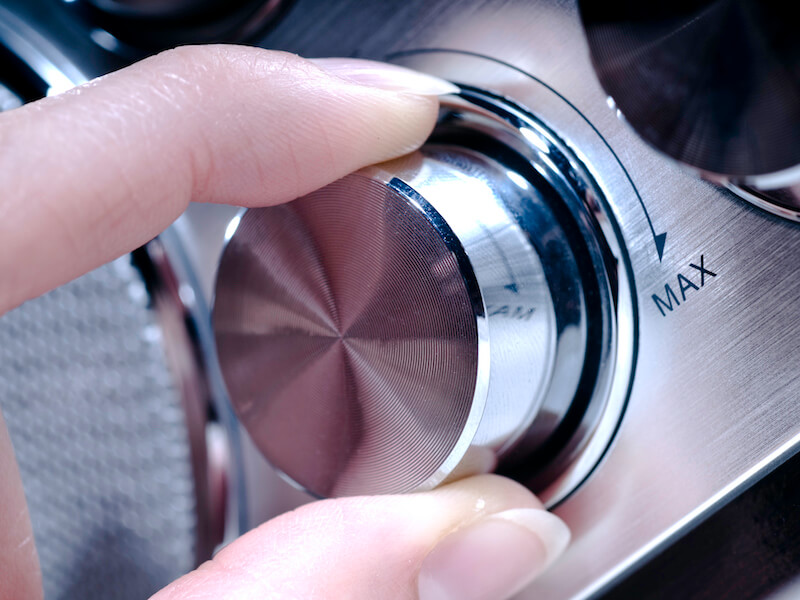
In some cases, it’s easy to know when you require medical advice. You know you need to go see a doctor immediately if you break your leg, for instance. You could need a splint or a cast or supportive device, but the point is that you’re unlikely to try “toughing it out”. At least, not for very long (especially if you want your bones to repair themselves correctly).
It’s not always that obvious when it comes to hearing aids, though. Hearing loss typically progresses very slowly over time. This means it isn’t always easy to know when you might need to begin using hearing aids or to put off finding treatment you know could be beneficial.
That’s why it’s a good idea to watch out for some distinct indicators that you might be losing your ability to communicate. It’s likely time to call us for a consultation if you do notice any.
Hearing loss and hearing aids
Hearing loss is primarily treated with hearing aids. But everybody who has some degree of hearing loss won’t necessarily need hearing aids. In cases where patients have very slight hearing loss, hearing aids won’t always be practical. We might want you to hold off on using hearing aids because of this. It’s also possible that we could instruct you to only wear your hearing aids when you’re in certain situations.
Essentially, the threshold for requiring hearing aids isn’t always a hearing loss diagnosis.
However, hearing aids will be the best option in many situations. Many individuals won’t get their hearing loss diagnosed until it becomes more serious because hearing loss develops gradually and often goes undetected for a while. Getting your hearing tested regularly is the key to catching hearing loss early and possibly mitigating the need for hearing aids.
And if that’s the situation, you’re most likely thinking: how can I tell if I need hearing aids?
You need hearing aids if you recognize these signs
Hearing loss is one of those conditions that can produce immediate communication obstacles. The interesting thing, though, is that you don’t always understand that those communication difficulties are the result of hearing loss. So, when is it time for a hearing aid?
Look out for these indicators:
- You have problems understanding what people are saying: Many individuals don’t think they have hearing loss or need hearing aids because the overall volume they perceive seems fine. But hearing loss is curious, it tends to impact certain frequencies before others. Which means that the vast majority of sounds may seem normal but things in the high frequencies (such as certain vowels) will be distorted. Consequently, you might have a hard time making out what people are saying to you.
- Phone conversations sound muffled: Even the highest quality phone speakers tend to flatten a voice. If you have hearing loss, this can make it even harder to understand conversations. It can be really difficult to hear voices as an outcome of the loss of these frequencies.
- When you’re in noisy locations, you have a tough time following conversations: When people ask, “What are the signs of hearing loss?”, this one almost always comes up. If you have trouble hearing conversations in loud places, that’s often a sure sign that you have hearing loss. This occurs because your ears are not receiving as much information as they used to, and your brain isn’t really able to fill in the gaps very easily. A lot of conversations get muddled because of this.
- You listen to the radio or TV at high volumes: If you’re constantly turning the volume up on your television or radio or smartphone, it might be the result of hearing loss. If you find individuals around you complaining about the loud volume of your devices, this is especially relevant.
So what should you do?
When you break your leg, it’s clear cut what to do: you go to the doctor! But what do you do when you begin to experience the symptoms of hearing loss? How severe does hearing loss have to be to require a hearing aid? Well, that’s difficult to answer, but when you start noticing these signs, it’s a good idea to make an appointment with us. We’ll be able to assess the health of your hearing and ascertain just how severe your hearing loss may or may not be.
A hearing screening will also help you get the most effective hearing aids for your requirements if you do indeed need hearing aids. Then you will be able to get back to enjoying good conversations with your friends and loved ones and doing the things you love.
Give us a call to schedule your hearing exam, we can help you recognize if you’re suffering from hearing loss.